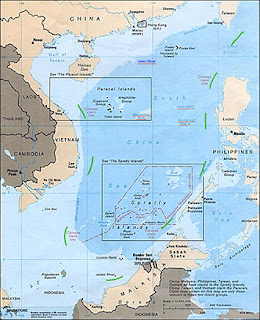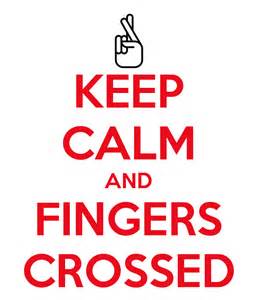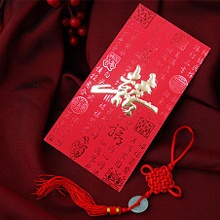“If
there is to be any peace it will come through being, not
having.”
Henry Miller
Henry Miller
I did actually stay here for a few days on arrival, opting for the very reasonable 'superior' suite at a relatively expensive £12 a night. Normally, by this stage, I have settled into some kind of long term accommodation, usually involving a cold shower and a lack of air conditioning, but this time I have been in somewhat indulgent mood and so the pleasures of fresh sheets, fresh towels and a small but cooling swimming pool have proven too much to resist.
Although such temptations sometimes get the better of one, I still find myself frequenting the much-loved but distinctly down market 'Jolly Frog' on a regular basis. The accommodation may not be the best in town and the service internationally renowned for being terrible, but they do have the most wonderful garden and a peripatetic clientèle of wonderfully eccentric characters, some of whom seem to have become regular visitors over the years.
The garden is also a wonderful place to take some exercise; the air is fresh, the flowers beautiful and the fact that the river Kwai runs so close by all lend a unique ambience to the place that has charmed many a weary wanderer (including your footloose flaneur). When I arrived last week, I immediately headed for the place to practice a little qigong and indulge my current fascination for swinging nunchucks. I have little interest in using such weaponry for any aggressive purpose, but love learning the wonderfully flowing and co-ordinated movements that are necessary if one is to perform with any degree of gusto.
On the first day in the garden, whilst practising a few of the more advanced moves, I met a German guy by the name of Alex and a young French lad called Ansulyman, both of whom were practising juggling in the same garden. A mutual exchange of views on the subject of skill acquisition followed, and so it was that, for the last four or five days at least, an informal school dedicated to such performance arts sprung up quite spontaneously amidst the palms, tamarinds and bougainvillea of the Jolly Frog.
Others guests and various itinerants have happened by over the last week and found themselves drawn into the process. At any given time one can find oneself learning various forms of juggling, particularly with balls and skittles, nunchucks, qigong, tai chi or other, equally exotic forms of martial and performance arts.
The atmosphere is very informal, relaxed and supportive; all in all, very conducive to learning such skills without any sense of pressure and, basically, just for the sheer, unadulterated pleasure of it. For my part, I have focussed so far mostly on picking up juggling and am now, after a few days of trying, able to manipulate three balls at once without injuring the spectators or dropping them too frequently. One young man has progressed from neophyte to attempting five balls in a mere four days, although it has to be admitted that it can be a somewhat hazardous undertaking to stand anywhere in close proximity when he attempts to do so.
When learning new skills is a pleasure, almost an indulgence, such activities become very pleasant indeed. I sometimes think back to the pedagogic horror which formed my own education, to the woefully inadequate methodologies employed, to the stress laid upon discipline imposed from the outside (whilst discipline is clearly necessary, that imposed from within is often far more powerful, and far more effective), to the simplistic 'chalk and talk' methodologies, and many other unpleasant and ineffective conventions, and realise that, for me at least, conventional education was merely something that I had to survive rather than having any real value in terms of knowledge or skills acquisition.
Since those far off days and the daily frustrations and humiliations one suffered in the process of poorly acquiring skills that were often completely useless from that moment forward (working out tangents has not come up even once in the intervening years, and as for the learning of the (mis)doings of various Kings and Queens of England… such knowledge only turned me into a lifelong and convinced republican). Since those happily far-off days I have invariably found myself enjoying learning a range of new subjects and competencies in so many areas. All of these seem to have been acquired relatively easily, just as long as I was given at least a modicum of encouragement and support to do so. Looking around the 'school' in the Jolly Frog this morning, the thought struck me that such learning is so normal, so natural, so enjoyable for all of us, if only the right ambience is created.
Back in the Tara they are closing up for the night and I find myself faced with a pleasant ten minute walk back to my hotel on the river front. Kanchanaburi is even quieter this year; so quiet in fact that one wonders how long the almost deserted bars can survive. On the other hand, those of us who are more open to the less inebriated, daytime pleasures of the place are enjoying the current state of affairs immensely. And so, as this late but still
Night night….

































